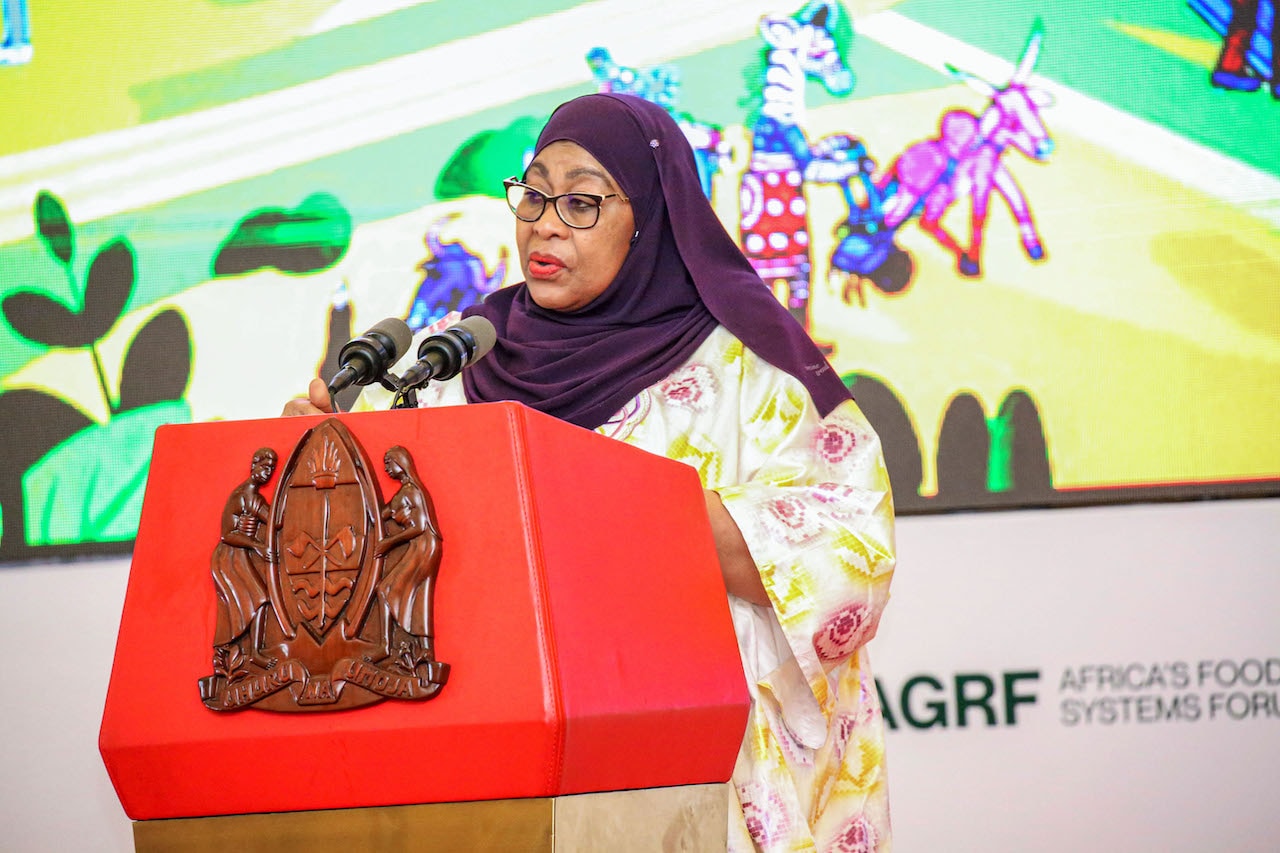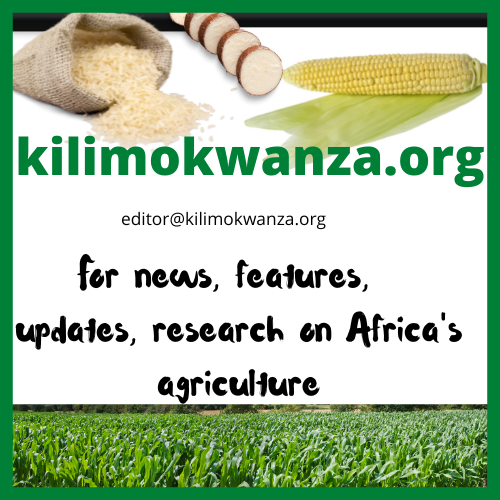Sustainable Soil Use Practices And Behavior Change Is Key To Saving Soils.
By Edwin Githinji
email: eddy.githinji022@gmail.com
On the 5th of December every year, the world comes together in celebration of the world soil day, a day set apart to acknowledge and celebrate the importance of soil as a critical component of the natural system, and a vital contributor to human well-being.
On celebrating this day, the theme and campaign is “keep soil alive, protect bio-diversity.” It aims to raise awareness of the importance of maintaining healthy ecosystems and addressing the growing challenges in soil management, fighting soil biodiversity loss, increasing awareness and encouraging governments, organizations, communities and individuals around the world to commit to proactively improving soil health.
To reach this goal, there is need to relook our relationship and care for our soils. Extra effort to understand and appreciate soil as the sustainer of life on earth should be made, to avoid the loss that incurred when thousands of hectares of good land are lost to pollution, erosion, salinity and nutrient degradation.
“Elevating the status of soils, appreciating and understanding soils and knowing how to best make soils work for us must be woven into our conversations and democratized by encouraging long-term behavior change and adoption,” says Eustace Muriuki, the managing director MEA fertilizers.
Many soil problems are mostly caused by unhealthy or unsustainable human behavior, hence the reason we need to adapt new relationships and lasting behavior to save our soils, which is a finite resource that has stake in how we lead our lives.
Further, we must also address the general lack of societal awareness of the importance of soil. The indifference and knowledge gaps are the main underlying causes of unsustainable soil management practices.
“We have to remove guess work from farming by encouraging soil testing, production and application of fertilizers guided by test results,” said agriculture CS Peter Munya.
In Kenya, soil testing facilities are available, but awareness and the uptake has been very low. Consequently, the application of science in farming can no longer be ignored, and farmers must be made aware of the importance, savings, and potential rewards of soil testing and subsequent use of the right and effective fertilizers on their farms.
For a long time, non-scientific practices have been incorporated in our farming, and in the process loose money on inputs that don’t deliver, all the while degrading our soils.
To help solve this problem, the European Union has identified six interlinked elements that inform and help deliver on the sustainable soil management, which includes; policy, investment, education, extension services, public awareness and technical cooperation.
Their action plan calls for a systematic awareness raising campaign on how soil relates to people’s everyday lives through messaging, sustained long-term outreach and engagement program and significant increase in investments to support such actions.
Also, the development and launching of Fertiplant East Africa Limited, the regions first NPK (nitrogen, phosphorus and potassium) Granulation Plant will produce tailor made fertilizers. This will help solve the problem of blindly application of fertilizers in farms, for the ratios will be informed by specific soil tests and be designed to address soil nutrient deficiencies and plant nutrient needs.
The development is expected to help in raising the rate of production, as well as ensure that there is no over or undernutrition of plants, therefore optimal plant productivity to meet the demand for agricultural products which is expected to rise mutually with population increase.


